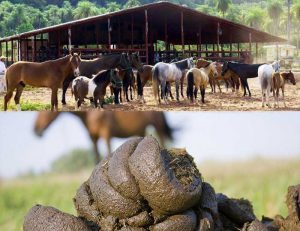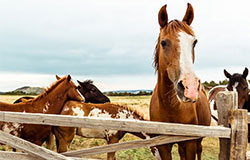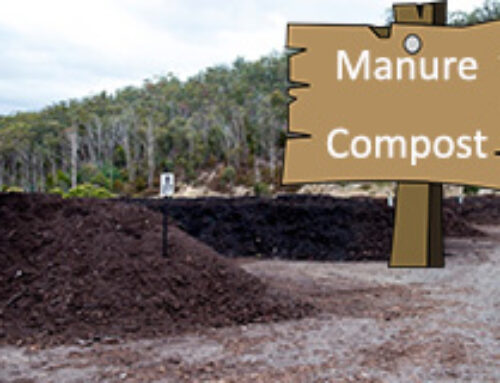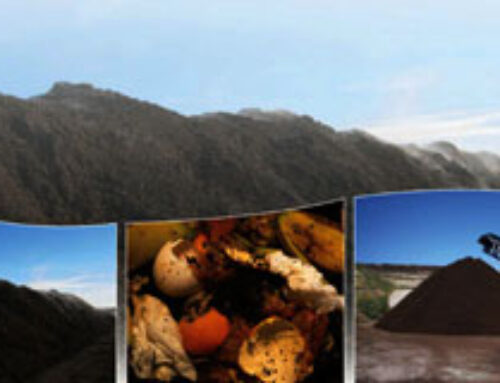According to statistics, a 1000-pound horse could produce around 40-50 pounds of raw waste per day in feces and urine combined, meaning nearly one ton of manure per month. In addition to feces and urine, about 8 lb–15 lb of spoiled bedding is 
Fortunately, composting horse manure successfully can eliminate these messy problems, reducing the volume of manure waste, killing parasitic eggs and larvae and destroying weed seeds, and providing a modest additional income by turning manure wastes into marketable resources. “Composted horse manure is a great source of slow-release soil nutrients for a pasture or garden. And over the course of a year the manure one horse produces is worth $300 to $500 in compost value,” says Caitlin Price Youngquist, PhD, a soil scientist and an area Extension educator for the University of Wyoming, in Worland. Composting improves plant and soil health and moisture, making plants healthier and more disease-resistant.
Making Successful Composting from Horse Manure
Commercial composting always takes time, energy and space, and even related equipment to compost correctly. Microorganisms responsible for composting need food, water, air, and the proper temperature:
- Moisture: The water content should be controlled within 50%-60%. For example, when squeezing a handful of composted material, it should feel like a damp sponge; it will wet your hand with no free water drops. If the moisture is too high, horse manure could be mixed with bulking materials, like straw, leaves, or hay, while you can choose a solid-liquid separator for manure dewatering quickly as well.
- Oxygen & Temperature: The most appropriate temperature range is 54oC- 66oC At 60oC or higher, most internal parasites, many weed seeds, and fly larvae in horse manure materials could be killed. But if higher than 71oC, the microorganisms would also be killed. Hence, it is essential to regulate the oxygen and temperature levels by using the composting machine to turn or invert the compost pile regularly, like about twice a week. The compost turner accelerates
the composting process by physically turning the manure and providing a constant flow of air, improving composting quality and efficiency.
- C:N ratio: Carbon and nitrogen are the two fundamental elements in composting. For microbes, carbon(C) is the main source of energy while nitrogen(N) always can be used for forming proteins. In order to ensure successful horse manure composting, people should make sure the proportions of C and N in balance(here could be in the range between 25:1 and 30:1).
- Compost pile: For better fermentation, horse manure piles should not be built too small or short. Generally speaking, the height of the pile is about 1.5m, the weight is about 2m, and the length could be chosen depending on the composting environment at the scene, so as to use the compost turner machine handily.
Common Problems in Horse Manure Composting
- Bad odor in the compost: if there is not enough air, the compost pile would have a bad odor. To solve this problem, farmers just need to turn the pile to increase ventilation.
- Bad odor with soggy compost: this is because the moisture of the compost pile is too high and lacks enough air at the same time. At this point, farmers need to add dry ingredients (like straw) into the manure pile for mixing and increase aeration as well.
- The inside of the pile is dry but it should be as damp as a wrung-out sponge, which needs to add water to the pile when turning the pile.
- The temperature does not rise: that’s because there are too many carbon source raw materials (like wood chips, and straws) in the pile but not enough nitrogen sources (horse manure).
Related Readings:
A Guide to Compost Sheep Manure for Organic Fertilizer
How to Compost Pig Manure into Organic Fertiliser


 the composting process by physically turning the manure and providing a constant flow of air, improving composting quality and efficiency.
the composting process by physically turning the manure and providing a constant flow of air, improving composting quality and efficiency.

